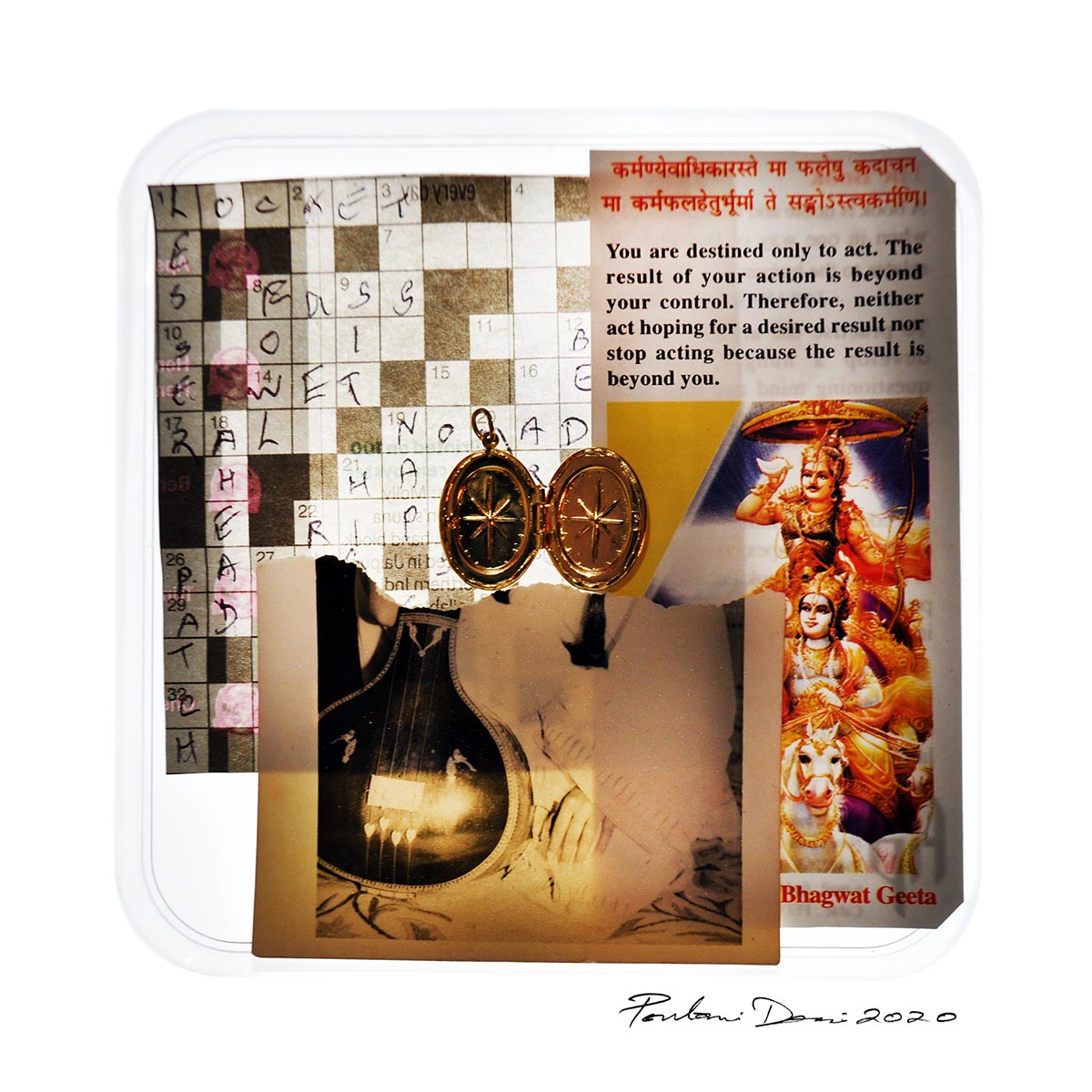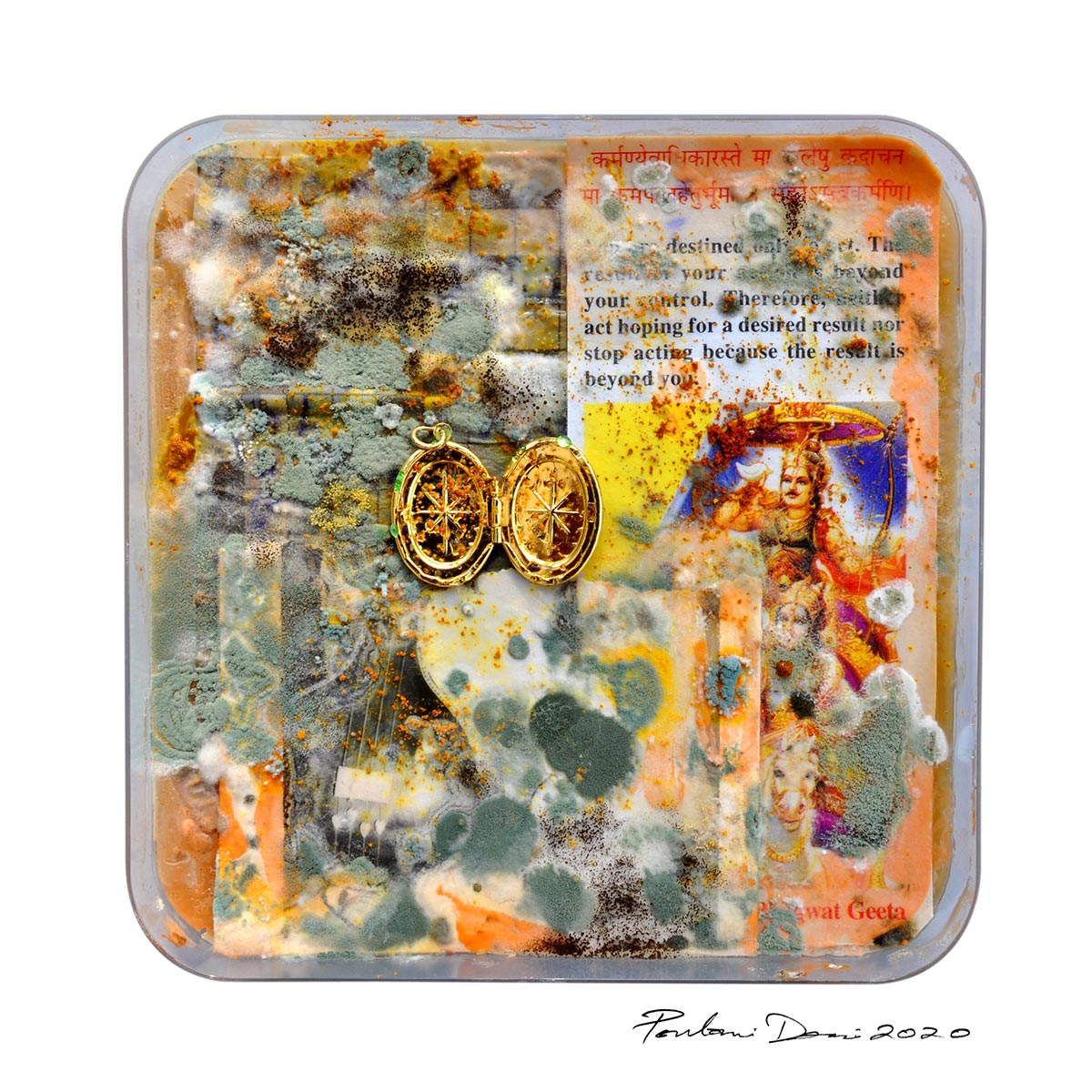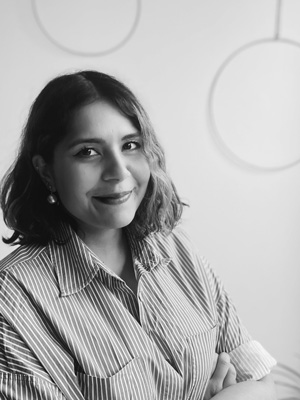


Tarini Malik is Assistant Curator at the Hayward Gallery since 2017 where she has co-curated a number of landmark group exhibitions, as well as the first solo presentations in the UK of artists: Emmanuelle Laine, Thabiso Sekgala and Igshaan Adams. Previously, she was Head of Exhibitions for artist Isaac Julien, and co-curator on several major international exhibitions with curator Mark Nash during her tenure at their shared studio (2014- 2017) . She has held curatorial posts at Fiorucci Art Trust (2012-2014), Frieze Projects (2013) and Serpentine Galleries (2011-2012).
Tarini holds a MA in History of Art from the University of Edinburgh and Université Paris I Pantheon-Sorbonne, and a MA in Curating Contemporary Art from the Royal College of Art, London. She has published her writing in various magazines and journals including: Art in America, Critical Collective and Mousse Magazine.

Images from Poulomi Desai’s commission Our cultures are the portals - the gateways between one world and the next, 2020, © and courtesy the artist, commissioned by Autograph for Care | Contagion | Community — Self & Other. 2-2) Archival giclée prints, 12 x 12 inches each. 1) [detail] from commission. 3) Courtesy Tarini Malik.
Autograph is a space to see things differently. Since 1988, we have championed photography that explores issues of race, identity, representation, human rights and social justice, sharing how photographs reflect lived experiences and shape our understanding of ourselves and others.